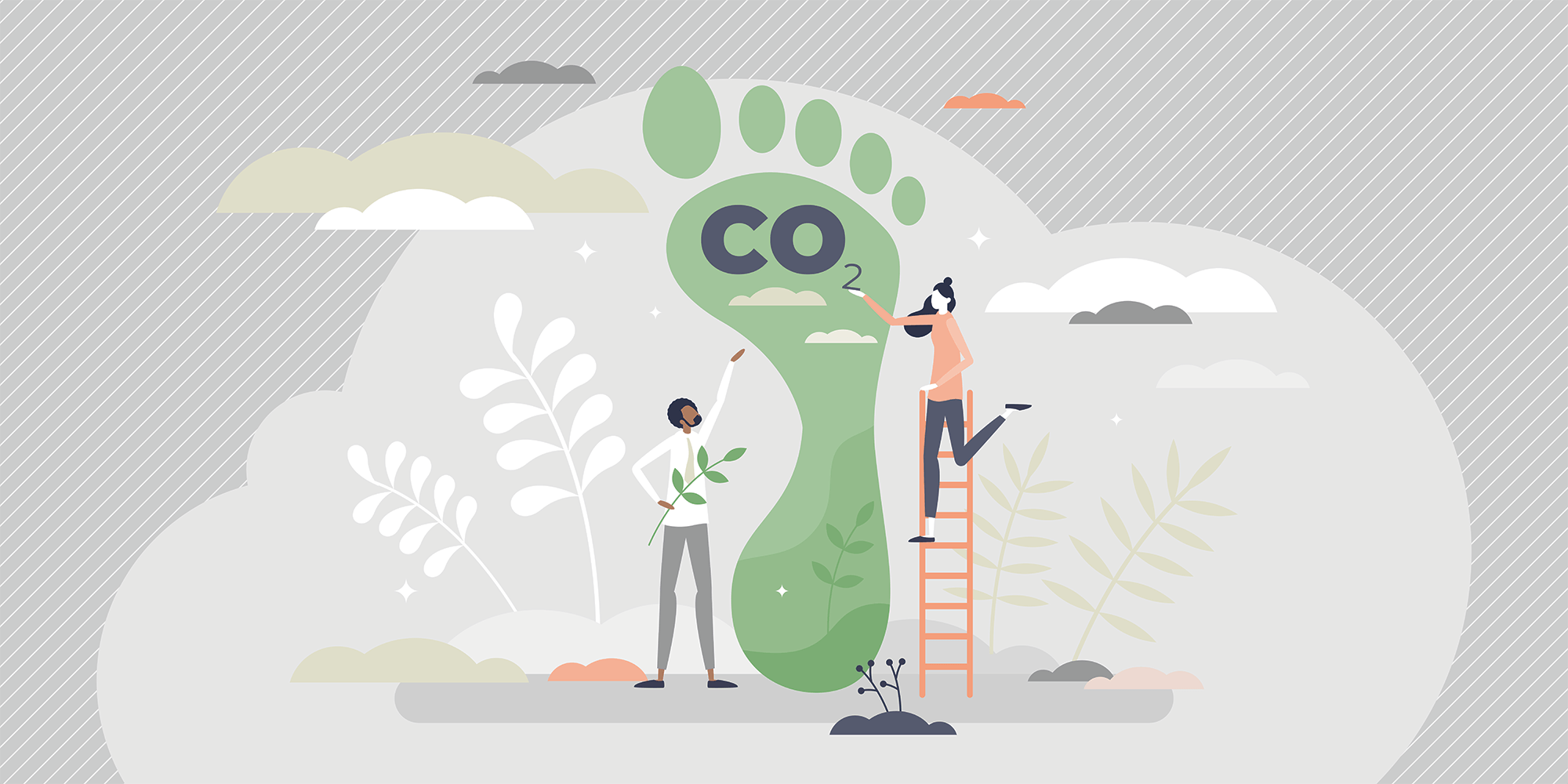The eruption of the COVID-19 pandemic created a whirlwind that threw the global economy in…

The Ethical Business
In the last decade, the important space dedicated to ethical business has become a growing marker of companies’ growth. Linked to the social and environmental constraints of a mutating world economy, the ethic acts as a compass for companies that are looking for sustainable and steady growth, based on new models that are more virtuous, also referred as Win-Win.
In this respect, numerous CEO wishing to develop their activities with an ethical perspective are facing some necessities. Very often, it is primarily about evaluating their actions to ensure they adapt their policy to align themselves with stances that are more ethical and often more ecological.
Ethical scoring:
Responding to the need of audit for companies, new companies specialized in CSR performance evaluation are starting to appear. Usually mainly focused in the field of sustainable development, they tend more and more to also add an ethical component to their scoring requirements. These criteria are made of some index that all put together give an overview of the company’s policy about ethical business.
For instance, according to the organization Ecovadis, there is a panel of wide themes such as:
- Corruption
- Anticompetitive practices
- Responsible management of the information
Ethical Business practices:
The ethical business refers to the ways a company conducts its business while respecting a set of moral principles recognized by the society. It is either a code of conduct or a charter that applies to a company. No only it monitors the way companies interact with clients, partners, and collaborators, but also the way they participate in the society.
Business ethics covers a wide range of topics, most of it regulated by laws in each country, laying down the foundations of an ethical behavior. However, ethical business are not limited to the legal frameworks, but instead implicitly implies a more proactive policy that goes beyond the law in the name of moral principles.
By considering private companies as part of the community, and as an actor of its improvement, we create a fertile ground for social, economic and sustainable growth. Yet, the opposite is also true. Better social environment allows better education, which in turn generates higher skills workforce that benefits the companies. A healthier economy boosts up the demand leading to more innovations, and an easier cooperation.
Hereby a non-exhaustive list of ethical principles that are markers to measure the progress on the field of ethical business:
- The protection of basic employees/workers rights
- The respect of the standards regarding health, safety and environment
- The continuous improvement of products, manufacturing processes and assets with the goal of optimizing the resource consumption.
- The reliability and veracity of the company communication.
- The strict respect of the safety standards of the products
- The open-mindedness toward new ideas. The promotion of feedbacks from the employees and clients
- The exclusion of business relationships that create conflicts of interest, black market, and corruption
- The promotion of the free and open competition
- The regular update of the procedures and policies of the company
- The strict denial of the children and forced labor or another kind of human rights abuse.
Who are we?
Actively working on reducing its carbon emissions, OTEGO commits to develop a technical textile expertise that respects the environment.


